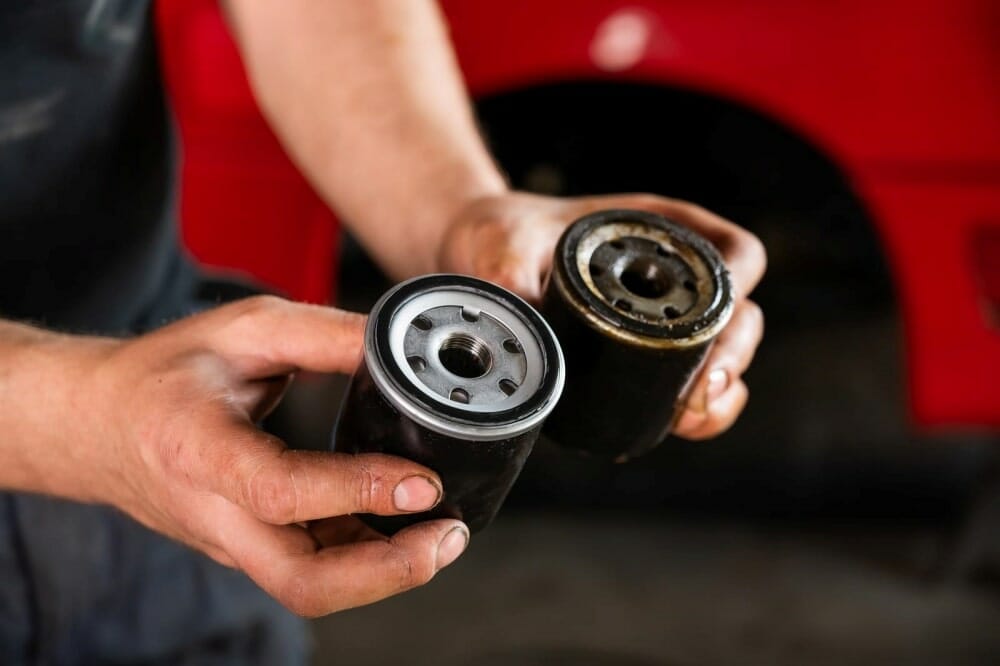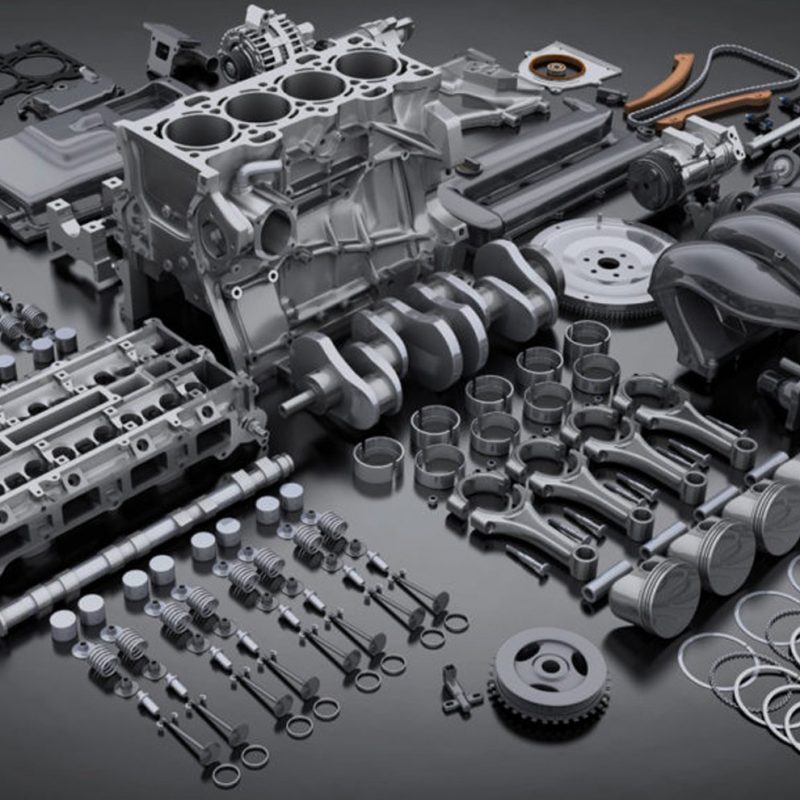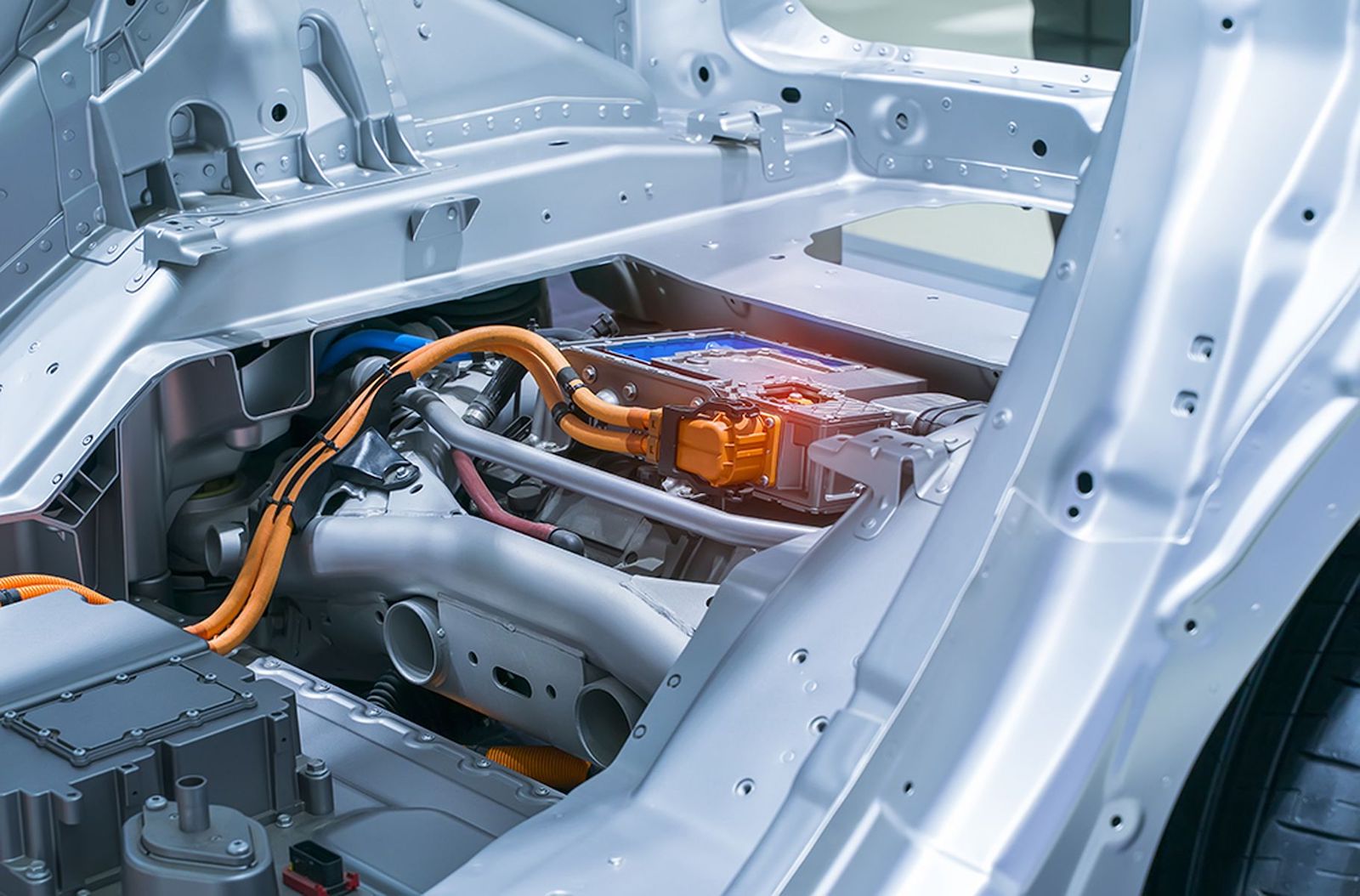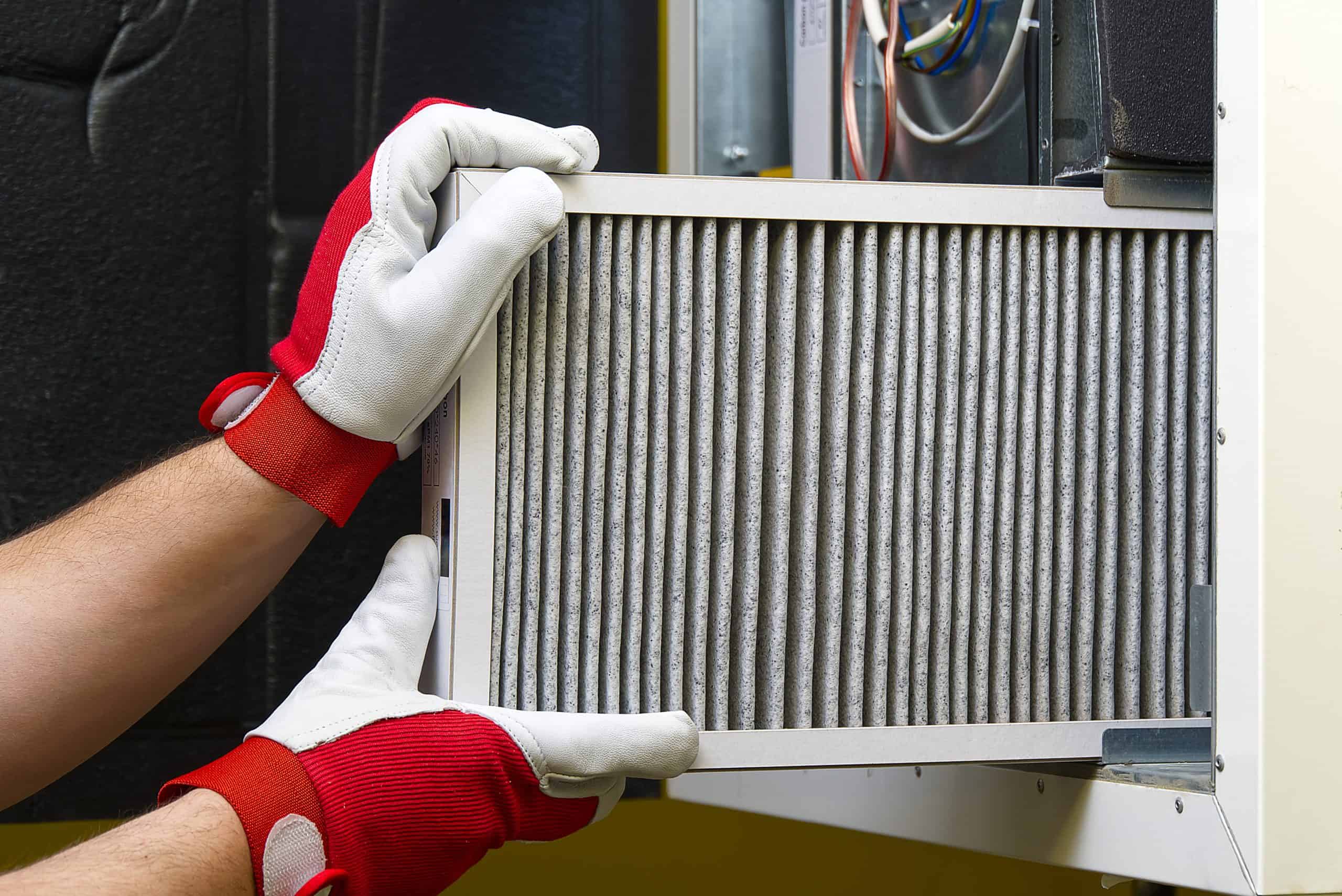Oil Filters: Myths and Misconceptions Debunked
Oil Filters: Myths and Misconceptions Debunked
Oil filters are an essential component in any vehicle’s engine, as they help to remove contaminants from the oil as it circulates through the engine. However, there are many myths and misconceptions surrounding oil filters that can lead to confusion for car owners. In this essay, we will debunk some of the most common myths and misconceptions about oil filters, so you can make an informed decision about which filter is best for your vehicle.
Myth 1: The cheaper the oil filter, the better it is for your vehicle.
Many car owners believe that the cheapest oil filter available is the best option for their vehicle. However, this is not always the case. Cheaper filters may use lower quality materials and may not be able to remove as many contaminants as a more expensive filter. In addition, cheaper filters may not last as long, which can lead to more frequent filter changes and higher maintenance costs in the long run.
Myth 2: You can use any oil filter with any type of oil.
Another common misconception is that any oil filter can be used with any type of oil. However, this is not true. Different types of oil filters are designed to work with specific types of oil. For example, synthetic oil filters are designed to work with synthetic oil, while conventional oil filters are designed to work with conventional oil. Using the wrong type of filter with the wrong type of oil can lead to poor engine performance and even damage.
Myth 3: You only need to change your oil filter when you change your oil.
Many car owners believe that the oil filter only needs to be changed when the oil is changed. However, this is not the case. The oil filter needs to be changed more frequently than the oil, typically every 3,000 to 5,000 miles or as specified by the vehicle manufacturer. If the filter is not changed frequently enough, it can become clogged and restrict the flow of oil to the engine, leading to poor engine performance and even damage.
Myth 4: The more expensive the oil filter, the better it is for your vehicle.
Many car owners believe that the more expensive the oil filter, the better it is for their vehicle. However, this is not always the case. While more expensive filters may use higher quality materials and may be able to remove more contaminants, they may not be necessary for every vehicle. It’s important to consider the make and model of your vehicle and your driving conditions when choosing an oil filter.
In conclusion, oil filters play a critical role in maintaining the health of a vehicle’s engine by removing contaminants from the oil. However, there are many myths and misconceptions surrounding oil filters that can lead to confusion for car owners. The key to choosing the right oil filter for your vehicle is to consider the type of oil you will be using, the make and model of your vehicle, and your driving conditions. Always consult your vehicle owner’s manual or a professional mechanic to determine the best oil filter for your vehicle.


